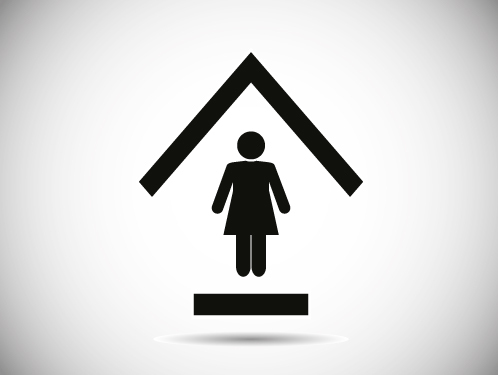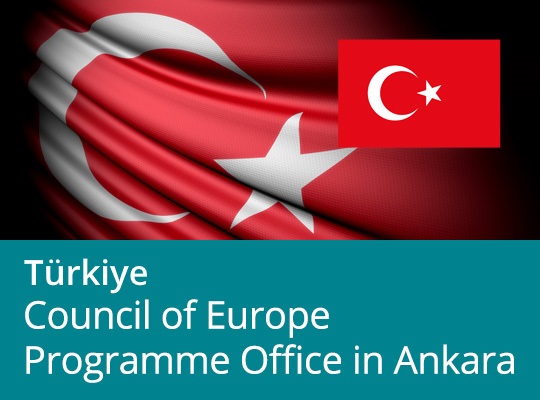In these times of crisis, countries around the globe are taking unprecedented measures to reign in the COVID-19 pandemic. In many countries people have been advised or obliged to remain at home, in order to prevent infections or the further spread of the disease.
Concerns that this situation might take a toll on women and children who are living with abusive family members have been expressed by many, including the Council of Europe Secretary General Marija Pejčinović Burić. Reports from member countries in the past few weeks already have shown that women and children are now at greater risk of abuse within their own homes, said Pejčinović Burić in response to questions from German Press Agency (DPA) on 27 March 2020.
As more and more countries are reporting a rise in police interventions for domestic violence but much lower calls made to helplines, the risk for women isolated at home with their abusers is in fact materializing. In a statement issued early on into the COVID-19 lockdown, Marceline Naudi, President of the Council of Europe Group of Experts of Violence against Women and Domestic Violence (GREVIO) reminded states parties to uphold the standards of the Council of Europe Convention on Prevention and Combating Violence against Women - Istanbul Convention even in times of a pandemic. GREVIO “calls on all Parties to do their utmost to ensure continuity in service provision and to keep offering support and protection to women and girls at risk of violence, with the involvement of all relevant actors: law enforcement agencies, social services, the justice sector, specialist support services and all relevant ministries”.
The Council of Europe is aware that the situation related to COVID-19 can make the work of institutions significantly more difficult, as they too have been partially subjected to social distancing or isolation requirements and that the surge of cases in many countries is putting health and social systems under stress. It is of great importance that relevant authorities and services for victims of violence against women and domestic violence continue to provide adequate services. The alertness of support services should be even greater than in normal situations, given that aggravating circumstances exist where victims may find it even more difficult to seek help.
The Council of Europe encourages all authorities to rise to the challenge that the pandemic presents to those at risk of any form of violence against women and domestic violence and to find innovative solutions to ensure their safety and ultimately the enjoyment of their human rights.




